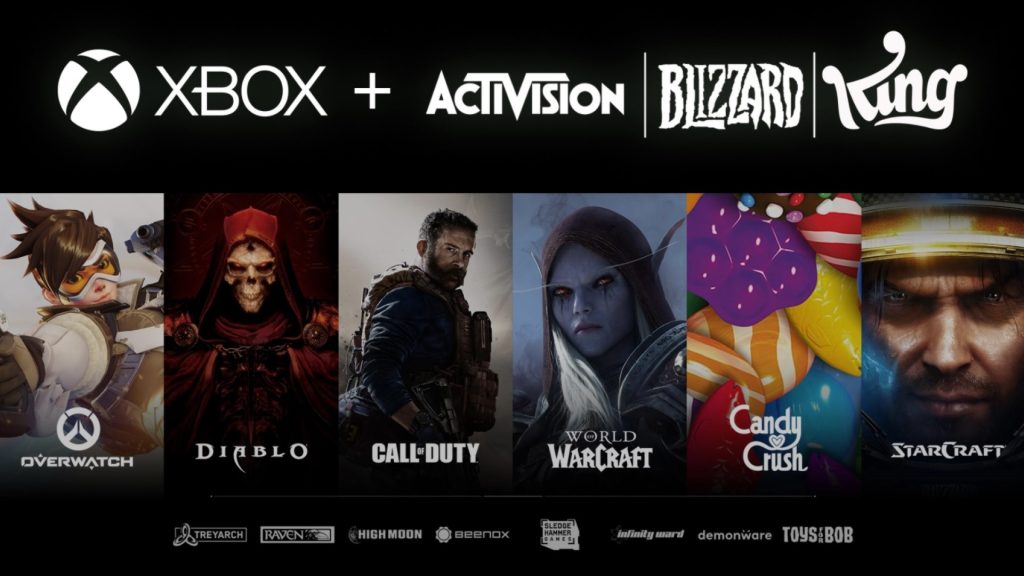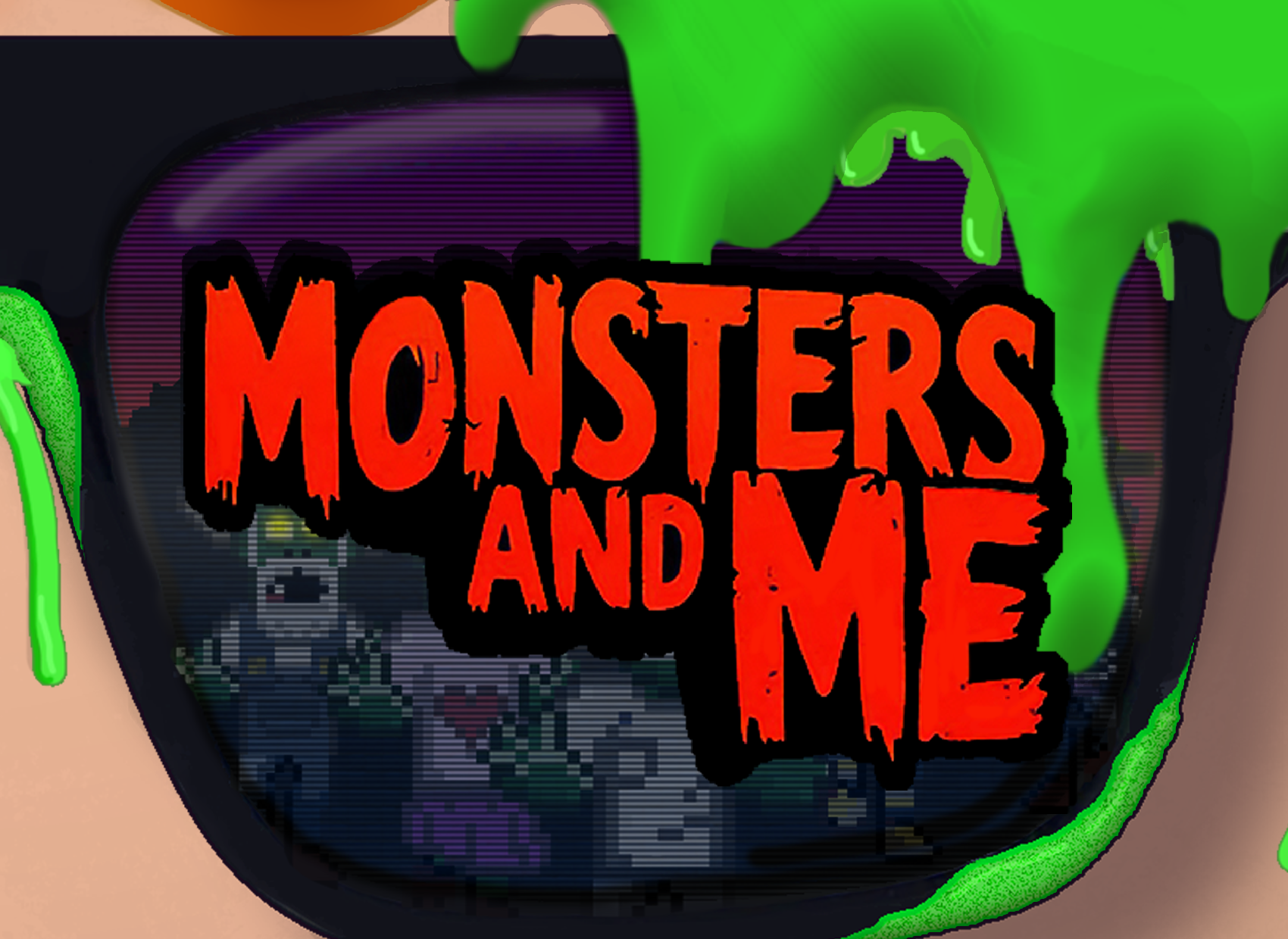Microsoft has committed to measures that “address the competition concerns” and “represent a significant improvement for cloud gaming.”
The European Commission has announced its approval of Microsoft’s acquisition of Activision Blizzard for $68.7 billion. This is after the Competition and Markets Authority in the United Kingdom blocked the deal due to concerns over competition in the cloud gaming market.
Interestingly, the Commission said the acquisition is approved due to full compliance by Microsoft on commitments that “fully address the competition concerns identified by the Commission and represent a significant improvement for cloud gaming as compared to the current situation.”
Its investigation initially found that the acquisition could “harm competition (i) in the distribution of console and PC video games, including multi-game subscription services and cloud game streaming services; and (ii) in the supply of PC operating systems.” While an in-depth investigation revealed that Microsoft wouldn’t harm other competing consoles and multi-game subscription services, it did confirm that it could “harm competition in the distribution of games via cloud game streaming services,” while “its position in the market for PC operating systems would be strengthened.”
However, it ultimately noted the following:
- Microsoft would have no incentive to refuse to distribute Activision’s games to Sony, the leading distributor of console games worldwide, including in the European Economic Area (“EEA”) where there are four Sony PlayStation consoles for every Microsoft Xbox console bought by gamers. Indeed, Microsoft would have strong incentives to continue distributing Activision’s games via a device as popular as Sony’s PlayStation.
- Even if Microsoft did decide to withdraw Activision’s games from the PlayStation, this would not significantly harm competition in the console market. Even if Call of Duty is largely played on consoles, it is less popular in the EEA than in other regions of the world and is less popular in the EEA within its genre compared to other markets. Therefore, even without being able to offer this specific game, Sony could leverage its size, extensive games catalogue and market position to fend off any attempt to weaken its competitive position.
- Even without this transaction, Activision would not have made its games available for multi-game subscription services, as this would cannibalize sales of individual games. Therefore, the situation for third-party providers of multi-game subscription services would not change after the acquisition of Activision by Microsoft.
- The acquisition would harm competition in the distribution of PC and console games via cloud game streaming services, an innovative market segment that could transform the way many gamers play video games. Despite its potential, cloud game streaming is very limited today. The Commission found that the popularity of Activision’s games could promote its growth. Instead, if Microsoft made Activision’s games exclusive to its own cloud game streaming service, Game Pass Ultimate, and withheld them from rival cloud game streaming providers, it would reduce competition in the distribution of games via cloud game streaming.
- If Microsoft made Activision’s games exclusive to its own cloud game streaming service, Microsoft could also strengthen the position of Windows in the market for PC operating systems. This could be the case, should Microsoft hinder or degrade the streaming of Activision’s games on PCs using operating systems other than Windows.
Microsoft ultimately offered two commitments for a ten-year duration – a free license in the EEA that would allow players to stream via any service of their choice “all current and future Activision Blizzard PC and console games for which they have a license.” It would also provide a free license to cloud game streaming services for the streaming of the company’s PC and console games to players based in the EEA.
“Today, Activision Blizzard does not license its games to cloud game streaming services, nor stream the games itself. These licenses will ensure that gamers that have purchased one or more Activision games on a PC or console store, or that have subscribed to a multi-game subscription service that includes Activision games, have the right to stream those games with any cloud game streaming service of their choice and play them on any device using any operating system. The remedies also ensure that Activision’s games available for streaming will have the same quality and content as games available for traditional download.”
As per the European Commission, these commitments not only “fully address” competition concerns but present a “significant improvement for cloud game streaming compared to the current situation. They will empower millions of EEA consumers to stream Activision’s games using any cloud gaming services operating in the EEA, provided they are purchased in an online store or included in an active multi-game subscription in the EEA.
“In addition, the availability of Activision’s popular games for streaming via all cloud game streaming services will boost the development of this dynamic technology in the EEA. Ultimately, the commitments will unlock significant benefits for competition and consumers, by bringing Activision’s games to new platforms, including smaller EU players, and to more devices than before.”
While investigating remedies, the Commission collected information from stakeholders, “market participants” and cloud game streaming service providers (who provided “positive feedback” and “interest” in licenses).
“Taking into consideration the feedback of the market, the Commission concluded that the proposed acquisition, as modified by the commitments, would no longer raise competition concerns and would ultimately unlock significant benefits for competition and consumers. The Commission’s decision is conditional upon full compliance with the commitments. Under the supervision of the Commission, an independent trustee will be in charge of monitoring their implementation.”
While this is good news for Microsoft, it still has a ways to go with approving the acquisition in the UK. It’s looking to appeal the CMA’s decision but could pay $3 billion as breakup fees if the deal doesn’t go through. There’s also the fact that it hasn’t been approved in the United States due to the Federal Trade Commission.







